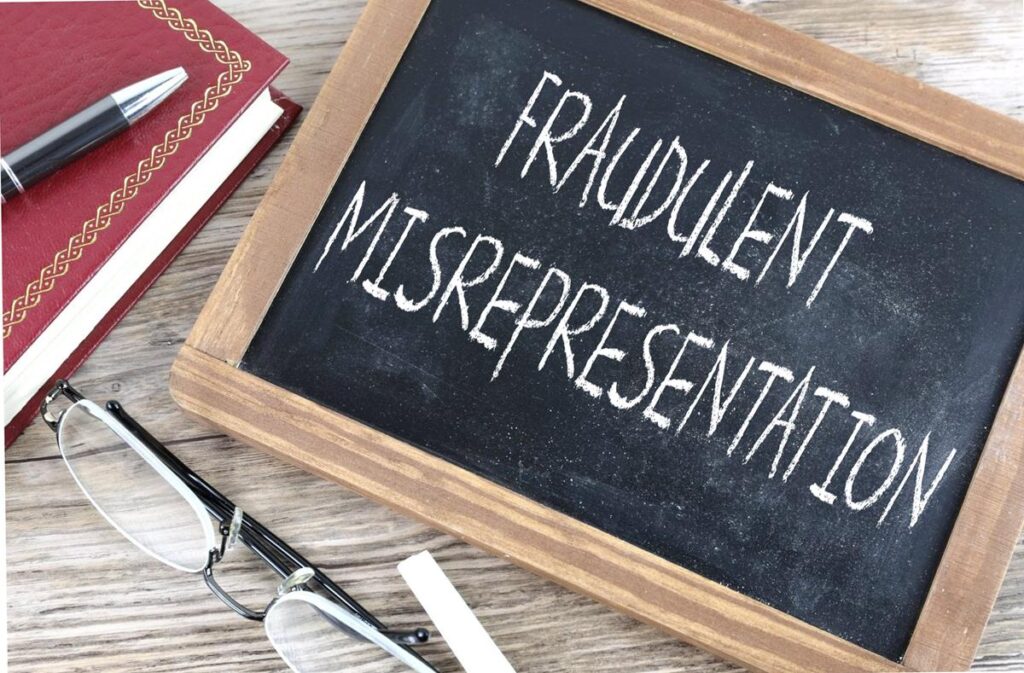Employment verification is pivotal in Canadian immigration procedures, whether individuals apply for permanent residency or temporary work permits. It serves as a cornerstone in determining the eligibility of applicants for various immigration pathways and plays a vital role in upholding the integrity of Canada’s immigration system. This article explores the significance of employment verification in immigration applications, highlighting its essential role in shaping the outcomes for individuals seeking to relocate to Canada.
Table of Contents
In a recent Federal court case, Singh Brar v Canada (Citizenship and Immigration), 2024 FC 162[i], the applicant, an Indian citizen, applied for permanent residence in Canada but was refused due to misrepresentation regarding his work experience. The visa officer found that the applicant misrepresented his employment as the Employer’s response to the visa officer’s inquiry indicated that the applicant did not work there.
Even after providing explanations and evidence in response to the PFL (Procedural Fairness Letter), including allegations of a secretary’s error and the poor health of a manager, did convince the officer, and the application was refused.
The client sought judicial review, arguing that the officer’s decision was unreasonable and procedurally unfair. The court found that the officer’s decision was reasonable as they considered all provided information, and their reasoning was clear. Additionally, the court determined that the officer acted fairly throughout the process, including giving the applicant an opportunity to respond to the employer’s denial. Ultimately, the court dismissed the client’s application for judicial review, affirming the officer’s decision to refuse his application for permanent residence in Canada.
Reasons for Employment Verification in Immigration Applications
Ensuring Accuracy and Integrity
At the heart of employment verification lies the imperative to ascertain the accuracy and truthfulness of applicants’ claims regarding their work history and professional credentials. Immigration authorities rely on this verification process to confirm the veracity of information provided by applicants, thereby maintaining the integrity of the immigration system. By corroborating employment details through verification, authorities can mitigate the risk of individuals providing false or misleading information to gain entry into a Canada.
Preventing Misrepresentation and Fraud

Image Source[ii]
One of the primary reasons for the stringent emphasis on employment verification is to curb misrepresentation and fraudulent practices in immigration applications. Instances of individuals fabricating employment records or exaggerating their professional experience to meet eligibility criteria are not uncommon. Employment verification acts as a safeguard against such deceitful practices, ensuring that individuals are assessed based on genuine qualifications and contributions to the workforce.
Protecting National Interests
Employment verification serves broader national interests by safeguarding the Canadian domestic labor market and protecting job opportunities for local residents. By scrutinizing the authenticity of applicants’ employment claims, immigration authorities can ascertain whether individuals possess the requisite skills and qualifications that complement the Canada’s economic needs. This process helps prevent the influx of unqualified or underqualified individuals into the labor market, thereby preserving job opportunities and maintaining wage levels for domestic workers.
Maintaining National Security
Beyond economic considerations, employment verification also plays a crucial role in upholding national security interests. Immigration authorities utilize this process to screen individuals for potential security risks or affiliations that may pose a threat to national security. By verifying applicants’ employment histories and conducting background checks, authorities can identify any red flags, such as associations with criminal organizations or extremist groups, thereby safeguarding the security and well-being of the host Canada and its citizens.
Ensuring Fairness and Equity

Image source[iii]
Employment verification promotes fairness and equity in immigration processes by ensuring that all applicants are subject to the same scrutiny and standards of evaluation. Regardless of nationality, ethnicity, or socioeconomic background, every individual seeking entry or residency in a new Canada must undergo thorough verification of their employment claims. This standardization of procedures fosters transparency and equality, upholding the principles of meritocracy and impartiality in immigration decision-making.
Enhancing Public Trust and Confidence
The rigorous enforcement of employment verification instills public trust and confidence in immigration systems, reassuring citizens that robust measures are in place to uphold the integrity of the process. When individuals perceive immigration authorities as vigilant gatekeepers who diligently verify applicants’ credentials, they are more likely to support immigration policies and initiatives. This public trust is essential for fostering social cohesion, reducing xenophobic sentiments, and promoting inclusive communities.
Mitigating Risks for Employers
Employment verification not only benefits immigration authorities but also mitigates risks for employers who hire foreign workers. By ensuring that prospective employees possess genuine qualifications and relevant work experience, employers can avoid potential legal liabilities, reputational damage, and operational disruptions associated with hiring individuals who misrepresent their credentials. Moreover, thorough employment verification safeguards the rights of domestic workers by preventing unfair competition and exploitation in the labor market.
What could have been done differently?
I can’t comment on this case because I wasn’t a part of it. But generally, I suggest to my clients to make their employers aware of their ongoing immigration applications to avoid any miscommunication. Of course, the final decision depends on the client’s individual circumstances, so it is essential to make your Immigration Consultant aware of any potential issues for her to address those issues in the submission letter.
In conclusion, employment verification stands as a linchpin in immigration processes, serving multifaceted purposes ranging from ensuring accuracy and integrity to safeguarding national interests and security. By scrutinizing applicants’ employment claims, immigration authorities uphold the integrity of the immigration system, prevent misrepresentation and fraud, and protect national interests and security. Moreover, employment verification fosters fairness, equity, and public trust while mitigating risks for employers and promoting the responsible and sustainable management of labor migration. As such, the importance of employment verification cannot be overstated in the realm of immigration, where transparency, accountability, and diligence are paramount.
Featured Image Source[iv]
[i] Canlii: https://www.canlii.org/en/ca/fct/doc/2024/2024fc162/2024fc162.html
[ii] PicPedia: https://www.picpedia.org/chalkboard/f/fraudulent-misrepresentation.html
[iii] Pickpik: https://www.pickpik.com/scale-justice-weight-health-measure-balance-61960
[iv] Flicker: https://www.flickr.com/photos/18378305@N00/6886509650


